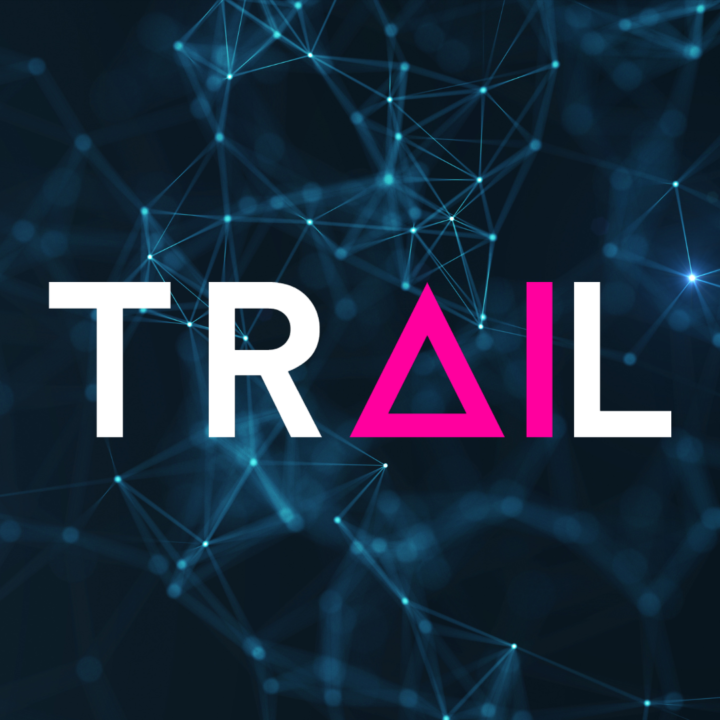One of the ambitions of TRAIL is to reconcile as much as possible cutting-edge research with the needs of the Walloon economic fabric. One approach to reach this objective was to bring researchers to define, in close collaboration with companies, not necessarily active in the AI sector at this time, 8 collective challenges.
Each of these challenges is placed under the responsibility of an accredited research center that coordinates the work of researchers from all the project partners. Each challenge also includes one or more of the 4 major research themes of TRAIL, which are:
Filter by:
- All Projects
- Embedded AI
- Human AI
- Model-Driven AI
- Trusted AI
Learning for Optimizing (Metaheuristics and Machine Learning for Combinatorial Optimization)
Learning for Optimizing (Metaheuristics and Machine Learning for Combinatorial Optimization)
MDA
Machine Learning-based Energy Prediction, Management, and Optimisation Towards Better Energy Decision-Making Process
Machine Learning-based Energy Prediction, Management, and Optimisation Towards Better Energy Decision-Making Process
MDA
Full-Spectrum Privacy-Preserving Artificial Intelligence
Full-Spectrum Privacy-Preserving Artificial Intelligence
TRU
Weakly-Supervised Machine Learning, Towards a More General AI
Weakly-Supervised Machine Learning, Towards a More General AI
EMB
Trustworthy AI for Critical Systems
Trustworthy AI for Critical Systems
TRU
Interactions with State-of-the-Art AI to reach Zero-Defect, Zero-Accident, and Zero-Burnout in a Production Environment
Interactions with State-of-the-Art AI to reach Zero-Defect, Zero-Accident, and Zero-Burnout in a Production Environment
HUM
Using Advanced AI Solutions to Achieve “First Time Right” and “Consistent Product Quality” Throughout the Product Development and Manufacturing Cycle
Using Advanced AI Solutions to Achieve “First Time Right” and “Consistent Product Quality” Throughout the Product Development and Manufacturing Cycle
HUM
Hybrid Modelling Methods towards an Augmented Engineering: The Use Case of AI-enabled Additive Manufacturing
Hybrid Modelling Methods towards an Augmented Engineering: The Use Case of AI-enabled Additive Manufacturing
EMB


